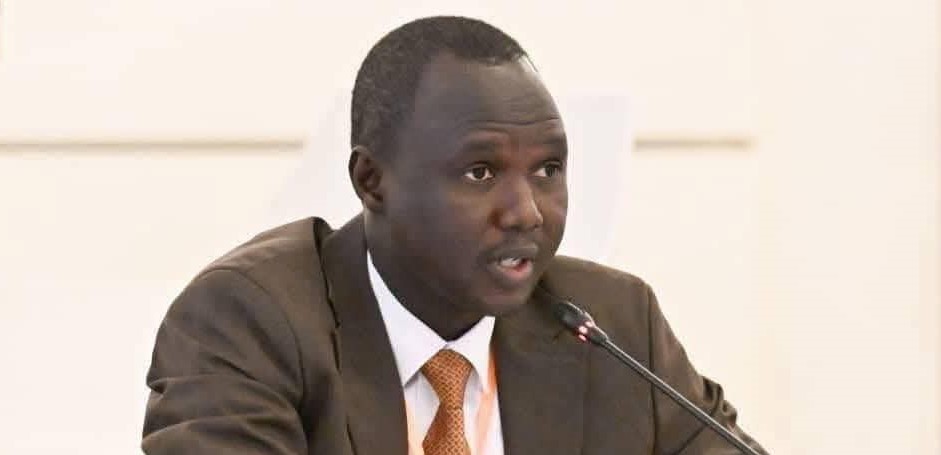President Salva Kiir has appointed a member of a breakaway faction of the opposition SPLM-IO as South Sudan’s new minister of water resources and irrigation, a move critics say violates the 2018 peace agreement and exacerbates political divisions.
In a late-night presidential decree broadcast Wednesday on state-owned SSBC, Kiir named James Mawich Makuac, a member of the SPLM-IO faction led by Peacebuilding Minister Stephen Par Kuol, to the post. The new appointment has drawn scrutiny because the peace deal grants the SPLM-IO, under First Vice President Riek Machar, the authority to nominate candidates for the position.
The role had been vacant since Pal Mai Deng, a senior SPLM-IO official loyal to Machar, fled Juba over security concerns following Machar’s detention in March.
Deng, who has been removed from office, told Radio Tamazuj that the new appointment appeared orchestrated either by Kuol’s faction or Kiir’s ruling SPLM party.
“Before the abrogation of the 2018 peace agreement, this portfolio belonged to our party. But as the agreement stalled, we no longer know which party controls it,” Deng said.
He expressed confusion over the timing of his dismissal and warned that other SPLM-IO ministers still aligned with Machar could face similar removals. “It’s difficult for me to comment because I don’t know their stance toward each SPLM-IO member. But if these individuals refuse to surrender to them, the likelihood of removal is high,” he said.
Deng, who is the SPLM-IO spokesperson, accused Kiir’s government of abandoning the peace process, stating, “It’s hard to declare the agreement completely dead, but I can say it is in hibernation because implementation has stopped. In short, the R-ARCSS [Revitalized Agreement on the Resolution of the Conflict in South Sudan] is critically ill.”
Civil rights activist Ter Manyang Gatwech condemned the move as a direct violation of the peace deal. “The president is now acting outside the agreement. Appointing other SPLM-IO members without consultation breaches its letter and spirit,” Manyang said.
He warned that unilateral actions could unravel the fragile accord: “If you cherrypick officials based on interests rather than the agreement, implementation will fail.”
The president’s spokesperson could not immediately be reached for comment.
The SPLM-IO split in April when a Juba-based faction, led by Kuol, declared an interim leadership and pledged cooperation with Kiir, while Machar’s loyalists, under acting chairman Oyet Nathaniel, rejected the move.
Kiir-aligned officials have since signaled plans to advance the peace deal without Machar’s faction, further isolating the detained opposition leader.
The 2018 agreement, signed by Kiir, Machar, and other leaders, ended a five-year civil war and established a transitional unity government tasked with preparing for elections. However, key provisions—including drafting a permanent constitution, unifying armed forces, and holding elections—remain unfulfilled.
South Sudan, which has never held general elections since gaining independence in 2011, postponed its planned vote last year to December 2026, further delaying its democratic transition.




